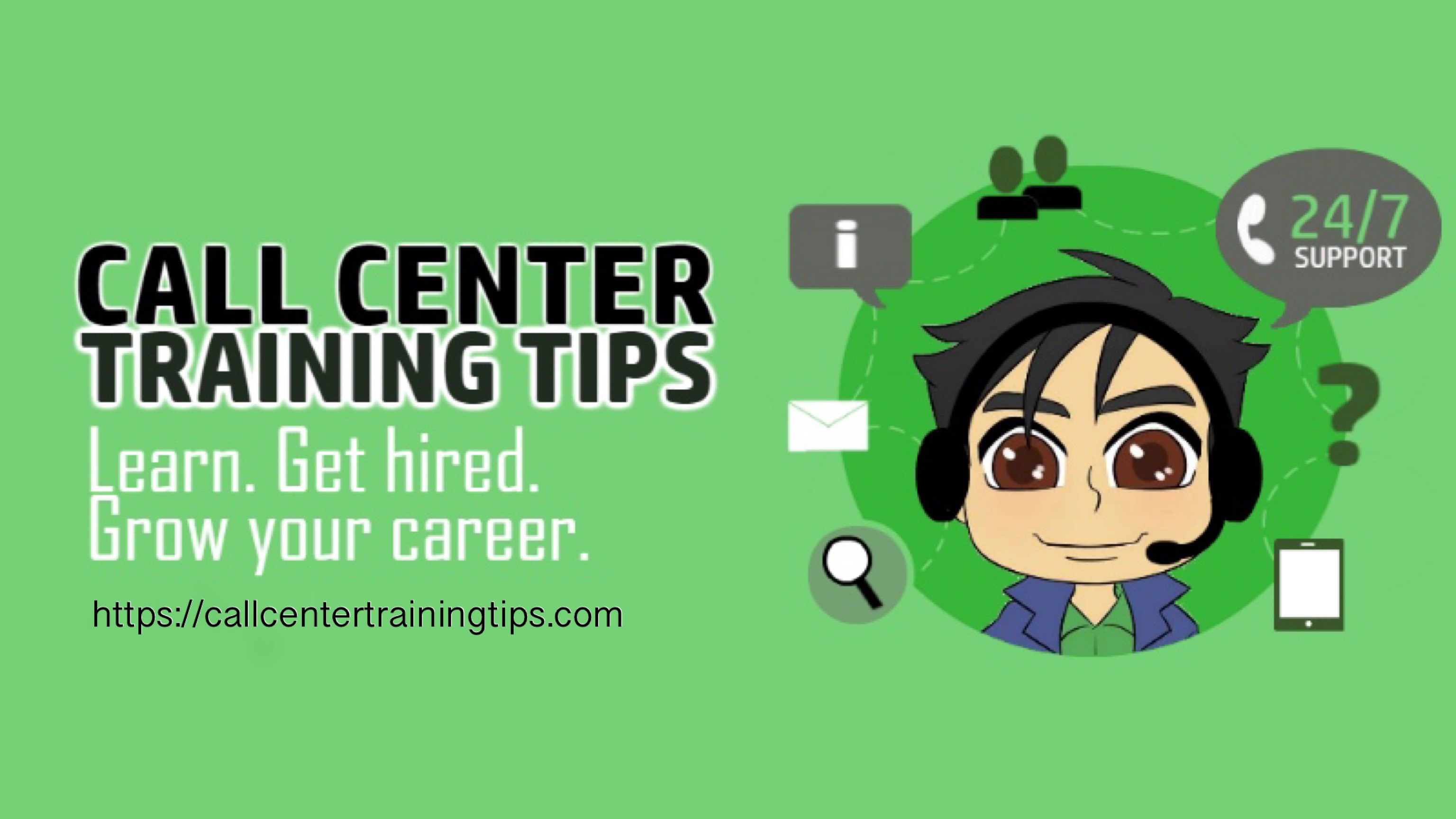
This is possibly one of the most important lessons I can share with you.
I did not come up with a post by myself.
The people who the lessons come from are smarter than me and are more successful than me.
I just happened to acquire their lessons in their books, had encountered successful people personally who used their lessons and had applied the lessons to myself.
I am simply passing on what I learned forward.
One of the most important lessons I picked up from the early stages of my working career is that “anything you need to know can be learned” and the four stages of learning discussed in this lesson.
Whenever you find yourself not doing well at a skill you need to be aware that learning has the following four stages.
I would recommend that you
return to this lesson every time you encounter frustration or challenges.
This part is referred to as unconsciously incompetent.
In other words.
You don’t know that you don’t know a topic.
An example would be you only know that call center companies pay well but you don’t know the requirements or how to work there.
Sometimes called frustration or education stage.
This part is referred to as conscious incompetent.
In other words.
You don’t know that you don’t know.
An example would be. Your first failure. You just find out that you can’t get hired in a call center because you gave the wrong interview answer or had spoken at least ten English words correctly.
Does the world end for you at this point?
Does it mean it’s your destiny to fail?
Hell fucking no!
Let me ask you a question.
If you knew the right interview answer and delivered it perfectly do you think you’ll pass?
Yes.
If you can identify those ten words you spoke with incorrect pronunciation and corrected the pronunciation on each one, do you think you’ll pass?
Yes.
What’s the point?
If you identify the problem then you identify the solution then you apply the right solution or steps you can solve the problem.
This part is referred to as conscious competent.
You know that you know. You can use the skill but this requires some to a large amount of mental focus or concentration.
An example is doing something you haven’t memorized or are reading, a script for example, from your phone. The words are sometimes mumbled, you sound unsure, you can say it. Most of it at least it’s not perfect and some people might say it’s passable.
After you get to competence it will take some time but eventually, you’ll reach mastery.
The part referred to as unconscious competent.
You know something but it doesn’t require your full focus or consciousness.
At this point, the example I’d like to use is the same as in number three. Say you know the script by heart, you’ve practiced it so many times you can say it with the right tone, you speak the words perfectly, you are convincing with every word, even your gestures, tone, facial expression matches what you’re saying. You don’t really need the conscious contribution of your brain anymore because you have mastered the script.
Simple examples to tasks where you have achieved mastery include, walking, reading, going to the toilet, taking a shower, speaking, going to the movie, texting, using Facebook, checking email or any process that involves multiple steps that you no longer think or worry about.
If you have mastered any of these skills you can master other skills as well.
With the four stages of learning in mind, I’d like to remind you of the following short tips.
Skills are a combination of moves and moves are a combination of steps.
If you know the steps and the sequence and you practice enough you can learn any skill.
Duh! If you are skillful you are confident.
If you have problems regarding confidence, read the above lesson again.
If you don’t know something but would like to learn it continually expose yourself to it until you are familiar.
Make friends in the industry you’d like to work for. A
sk questions.
Apply for a job or try to do a specific task more often.
Milestones fall under the four categories but may differ in terms of what it’s called and skill it requires.
Your objective is to simply get to the next milestone.
Don’t take short cuts.
If you take the next step you will eventually learn.
People without patience often have difficulty learning skills because they are unable to separate their emotional response from their objective.
Some people prefer to be unhappy over afraid even when there is nothing to be afraid of.
Mistakes are part of the education process.
It helps you identify what you did right and what you did wrong.
It takes some time to learn a skill.
If you’ve read up to hear I would like to congratulate you for having a lot of patience.
I’m hopeful that you would find this reference useful in learning the skills you need to achieve your goals.
Please don’t be shy to send me a message if something doesn’t make sense in my writing.
Currently, I’m practicing precise communication it’s a way for me to really be specific in what I would like to say.
Anyways I hope to hear from you soon.
Sincerely,
Kevin.
Thank you for reading this far and thanks for your attention.
I am praying for your success. God bless!
If you made it this far, you should introduce yourself.
Join our weekend English coaching is on SALE for ₱352 a month.
